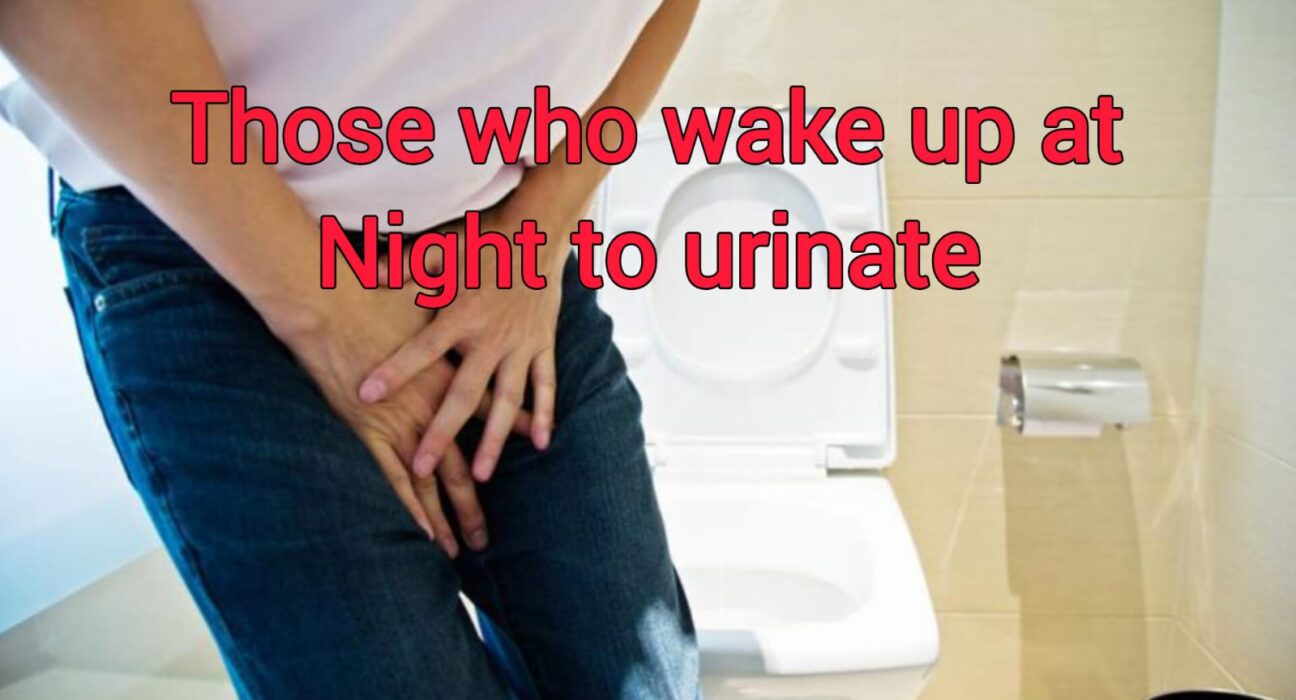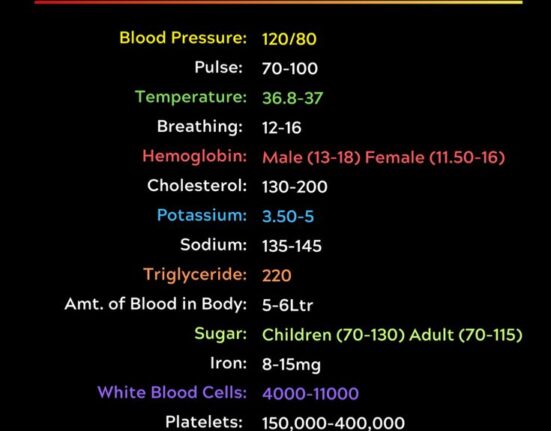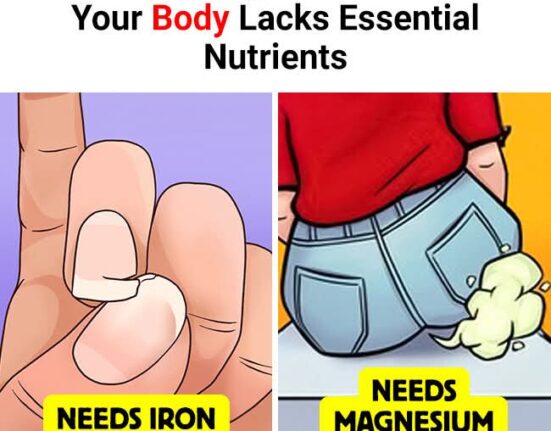Understanding Nighttime Urination: What’s Normal, What’s Not, and When to Worry
We’ve all been there — tucked into bed, drifting into sleep, only to be stirred awake by that annoying urge to pee. While once in a while it’s no big deal, for some people, this becomes a nightly routine. And when those interruptions steal your sleep night after night, it’s natural to wonder: Is this normal? Or is my body trying to tell me something?
Nighttime urination, medically known as nocturia, affects more people than you might think. It’s not just a quirk of aging — it could signal something deeper, from lifestyle habits to underlying health issues. Knowing when to brush it off and when to pay attention can save you from future complications and give you back your peaceful nights.
So, let’s walk through everything you need to know — no scary medical jargon, just real talk and helpful guidance.
What Exactly Is Nocturia?
Nocturia means waking up at night to urinate — not because you’re thirsty or restless, but because your bladder simply demands attention. For most healthy adults, one trip during the night is normal. But waking up two or more times every single night might be a sign that your body isn’t functioning quite right.
Unlike bedwetting (which happens involuntarily), nocturia is intentional — you’re fully awake, aware, and heading to the bathroom. The difference matters, especially when you’re trying to understand the root of the issue.
What Causes It?
Nighttime urination can happen for reasons as simple as sipping too much tea before bed… or as serious as undiagnosed diabetes. Here are some common culprits:
Too much fluid in the evening – Hydration is great, but timing matters. Caffeinated drinks and alcohol? Even more disruptive.
Pregnancy – Hormones and that ever-growing baby bump put extra pressure on the bladder.
Certain medications – Diuretics (“water pills”) prescribed for high blood pressure or swelling can increase urination.
Medical conditions – Diabetes, sleep apnea, kidney disease, heart failure, and bladder issues all play a role.
Aging – As we get older, the body’s ability to concentrate urine weakens, causing more nighttime output.
Why Should You Care?
Let’s be honest: losing good sleep over bathroom breaks might not sound dramatic, but it adds up fast.
Your sleep quality suffers, and with it, your focus, mood, and immunity.
Older adults face higher risks of falls during nighttime trips.
Sleep-deprived mornings lead to fatigue, low productivity, and an overall dip in life satisfaction.
And if it’s caused by an untreated condition, ignoring it could make that condition worse.
So no, it’s not “just getting older” — especially if you’re starting every day groggy and irritable.
Red Flags: When Should You Worry?
There’s a difference between a harmless nightly pee and something that needs medical attention. Here’s when to stop brushing it off:
You’re waking up three or more times each night
You notice pain, burning, or cloudy or foul-smelling urine
You see blood in your urine or experience fever
Your legs swell, especially by evening
You have a family history of diabetes, kidney problems, or prostate issues
You also snore, gasp during sleep, or feel unusually tired during the day
If any of these sound familiar, it’s time to schedule that doctor visit.
How Is It Diagnosed?
Figuring out the root cause of nocturia involves a bit of detective work. Expect your doctor to go step-by-step:
Ask about your fluid intake, medications, and sleep patterns
Suggest a bladder diary (yes, that’s a thing) — tracking your bathroom visits and drinks
Order blood and urine tests to check for diabetes, kidney function, or infections
Possibly refer you to a specialist, depending on your symptoms
Simple Tips That May Help
Before you jump into medications, try these practical changes. They’ve helped many people reduce — or even stop — nighttime bathroom runs:
Cut back on drinks two hours before bed
Say no to coffee, tea, soda, and alcohol in the evening
Raise your legs in the evening — helps redistribute fluid built up in your lower body
Empty your bladder twice before bed (go, brush your teeth, then go again!)
Check your meds — ask your doctor if timing changes can help
Dim your nightlight — it prevents fully waking up and helps you get back to sleep quicker
Bonus tip: If your ankles tend to swell, compression socks during the day might help reduce fluid shifting to your bladder at night.
When Treatment Is Needed
Sometimes, lifestyle tweaks aren’t enough. Depending on what’s causing your nocturia, here’s what doctors might suggest:
Overactive bladder – Bladder training, pelvic floor therapy, or medications
Infections – A short course of antibiotics
Diabetes – Blood sugar management with dietary and medication support
Heart failure – Adjustments to fluid intake and heart medications
Prostate enlargement – Medications or minimally invasive procedures
Sleep apnea – CPAP machines or sleep-focused therapy
What matters most is targeting the real cause — not just managing the symptom.
Your Sleep Deserves Protection
Let’s get real — waking up to pee once in a while? Totally normal. But tossing and turning every single night, dragging yourself through the day, and silently wondering if something’s wrong? That’s no way to live.
Your sleep is precious. It’s when your body heals, your brain resets, and your soul recharges. So if nighttime urination is stealing that from you, don’t suffer in silence. Start small. Talk to your doctor. Make simple changes. And know this — it’s fixable, and you deserve better.
Because sleep isn’t just for dreamers.
It’s for the strong, the busy, the tired, the healing… it’s for you.







Leave feedback about this